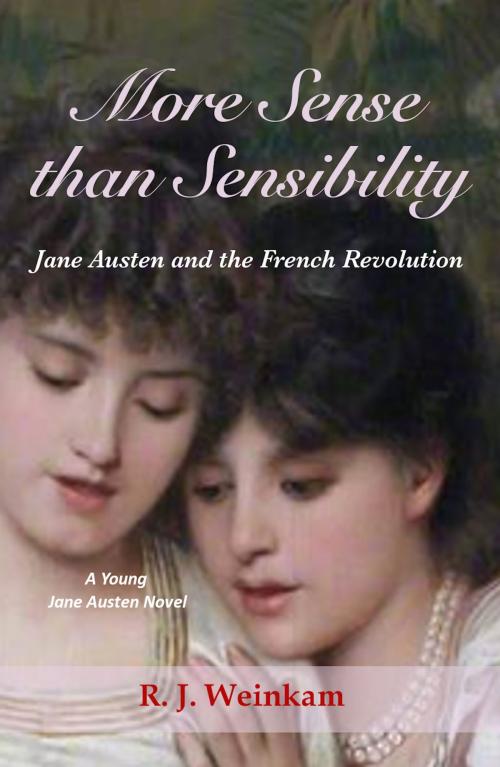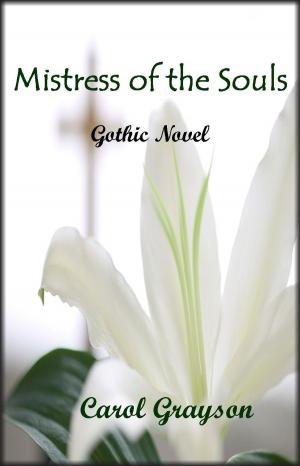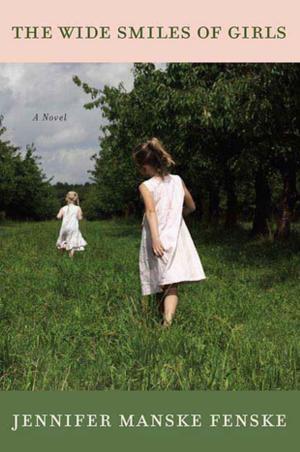More Sense than Sensibility: Shades of the French Revolution
Romance, Historical, Fiction & Literature| Author: | R. J. Weinkam | ISBN: | 9781310750731 |
| Publisher: | R. J. Weinkam | Publication: | August 25, 2015 |
| Imprint: | Smashwords Edition | Language: | English |
| Author: | R. J. Weinkam |
| ISBN: | 9781310750731 |
| Publisher: | R. J. Weinkam |
| Publication: | August 25, 2015 |
| Imprint: | Smashwords Edition |
| Language: | English |
Jane Austen was nineteen when she began writing novels. The first of these was never completed, but three others, after the passage of time and extensive revisions, were published and are among the worlds best loved novels. Their continued popularity, two-hundred years after being written, is extraordinary. It is undoubtedly related to her timeless topics of love and personal relationships, but other authors wrote about these things and they are now considered to be dated and unreadable. When compared to these, it is clear that much of Jane’s continued readability comes from what she, with unerring instinct, left out. She has none of the moralizing and prosy flourishes of the time, but one omission is notable. She does not comment on current events. This is remarkable considering the times she lived in. Born at the beginning of the American Revolution, her teenage years were during the French Revolution and the Napoleonic Wars raged for the next ten. Why was this so? She certainly knew about them.
Perhaps she knew too much. Suppose Jane traveled with her cousin Elizabeth de Feuillide in the spring of 1794. Eliza’s husband had been executed in Paris during the Terror, there were hints of bribery and corruption, spies may have been involved. She might meet the two sisters, newly arrived, participate in a daring rescue, learn things that could endanger others. Perhaps she was afraid of revealing what she knew, she may have promised never to do so.
Jane Austen was nineteen when she began writing novels. The first of these was never completed, but three others, after the passage of time and extensive revisions, were published and are among the worlds best loved novels. Their continued popularity, two-hundred years after being written, is extraordinary. It is undoubtedly related to her timeless topics of love and personal relationships, but other authors wrote about these things and they are now considered to be dated and unreadable. When compared to these, it is clear that much of Jane’s continued readability comes from what she, with unerring instinct, left out. She has none of the moralizing and prosy flourishes of the time, but one omission is notable. She does not comment on current events. This is remarkable considering the times she lived in. Born at the beginning of the American Revolution, her teenage years were during the French Revolution and the Napoleonic Wars raged for the next ten. Why was this so? She certainly knew about them.
Perhaps she knew too much. Suppose Jane traveled with her cousin Elizabeth de Feuillide in the spring of 1794. Eliza’s husband had been executed in Paris during the Terror, there were hints of bribery and corruption, spies may have been involved. She might meet the two sisters, newly arrived, participate in a daring rescue, learn things that could endanger others. Perhaps she was afraid of revealing what she knew, she may have promised never to do so.















